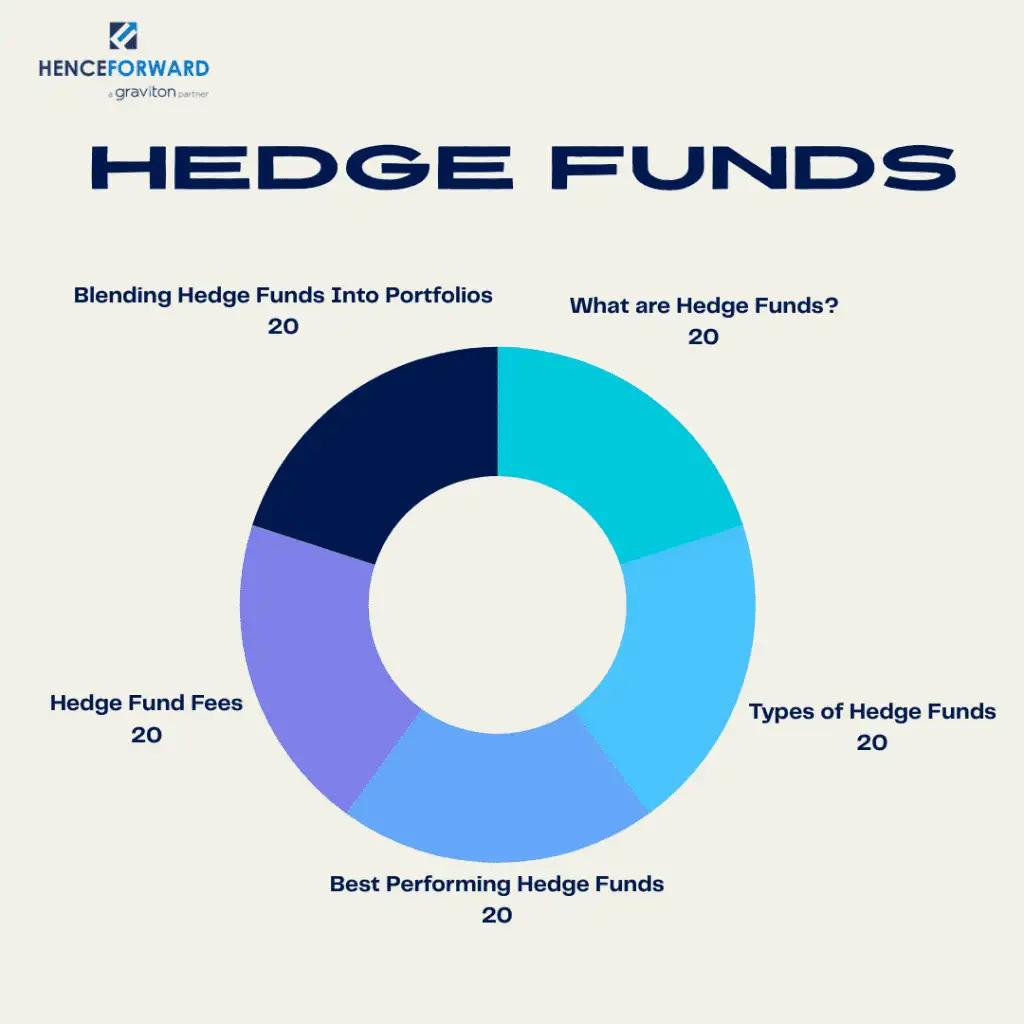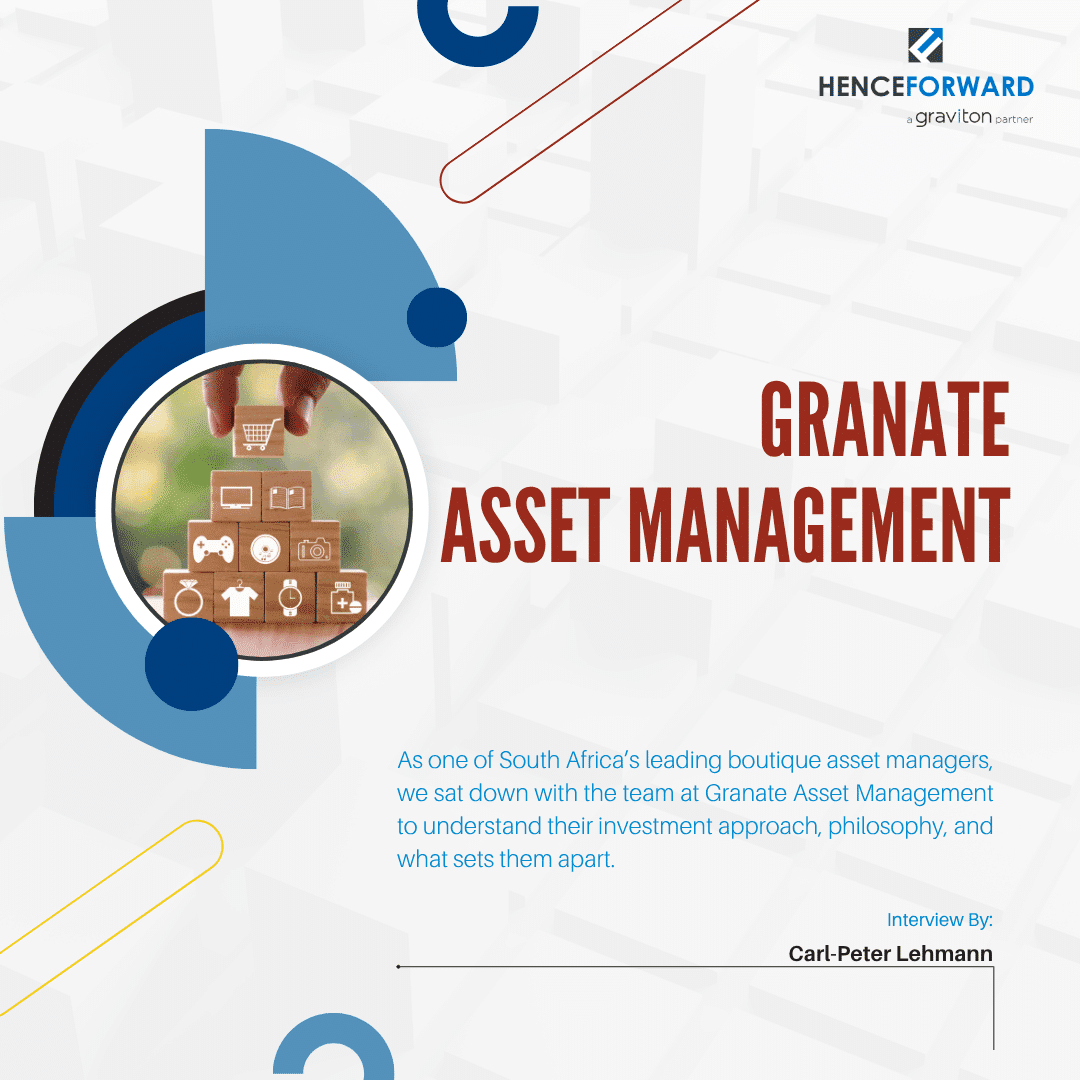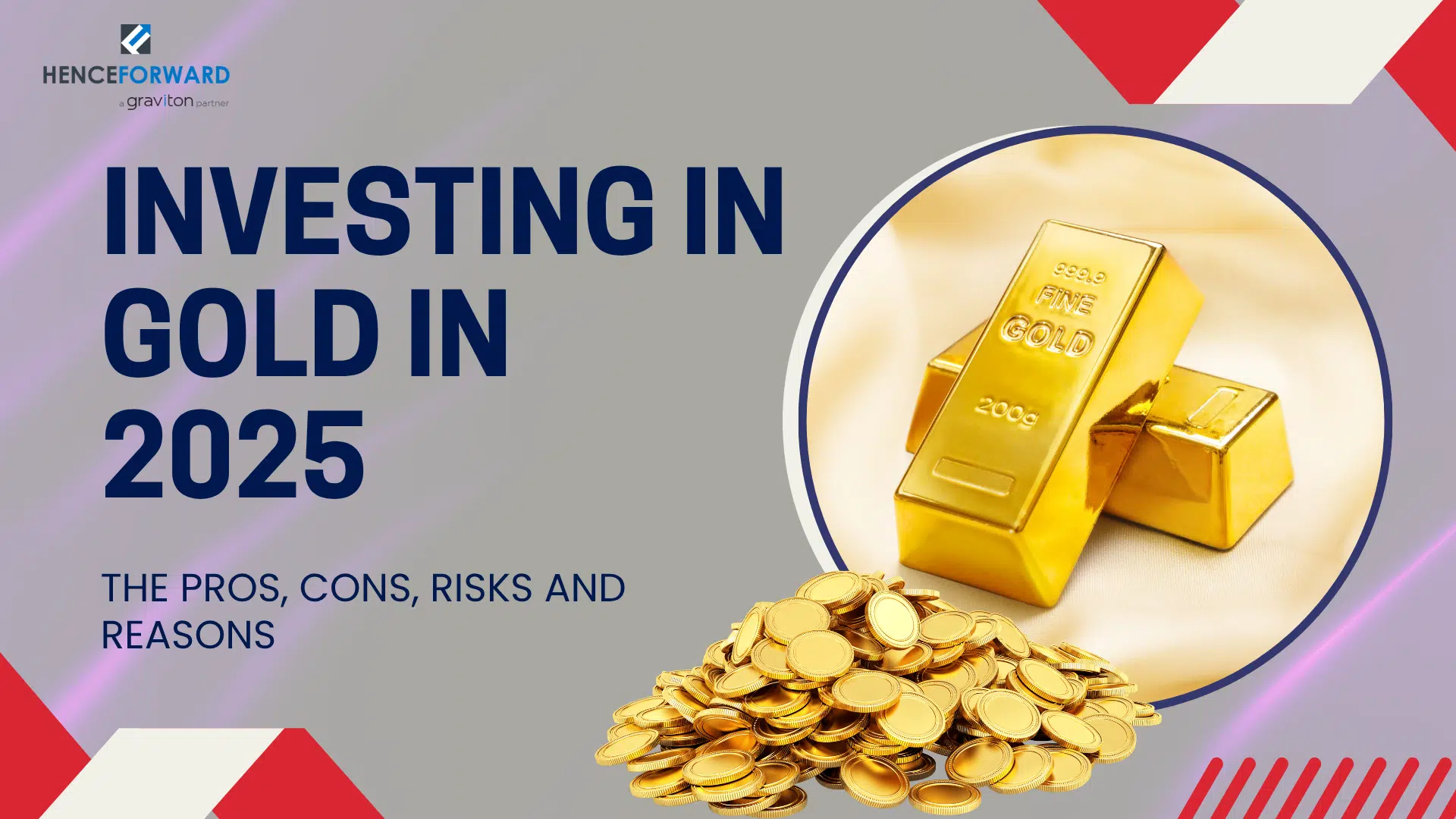Last Updated on 03/07/2025 by Carl-Peter Lehmann
Hedge Funds 101 and some of the Best Hedge Funds in South Africa for retail investors: If the phrase “hedge fund” still makes you picture secretive Wall Street traders wearing Bluetooth earpieces, it’s time for an upgrade. In South Africa, hedge funds have morphed from a niche QI playground into fully regulated, daily-dealing vehicles that any high-net-worth (and even many retail) investors can access from as little as R25 000. The FSCA’s 2015 CISCA amendments dragged them into the same disclosure net as unit trusts, trustees sign off on risk controls, and each fund now ships a monthly MDD you can read over a cappuccino.
Why bother? Because few other tools let you combine equity-like upside with bond-like draw-downs – or, at the other end of the spectrum, add real punch to a balanced portfolio without piling on market beta. Used thoughtfully, hedge funds can smooth the journey to your long-term goals, protect capital in sell-offs, and provide “true” active alpha even when index trackers dominate the core.
In this guide we unpack exactly how South African hedge funds work, which strategies are worth knowing … and after combing through two dozen fact-sheets the five retail funds that currently offer the best bang for your buck in 2025.

What is a Hedge Fund?
A hedge fund is a pooled investment vehicle that uses a broad toolkit … short-selling, leverage, derivatives, and active asset allocation … to pursue absolute (not benchmark-relative) returns. In South Africa they sit under the Collective Investment Schemes Control Act (CISCA) and are regulated by the FSCA just like unit trusts, but the manager has far greater freedom to hedge risk and hunt for alpha.
Types of Funds and Strategies
| Strategy | How it works | Local examples / notes |
|---|---|---|
| Long/Short Equity – Long Bias | Pairs longs and shorts, but with a net positive equity exposure. | Obsidian SCI Long-Short, 36ONE FR Retail |
| Market-Neutral / Pure Hedge | Longs and shorts are tightly matched so equity beta ≈ 0. | Peregrine Pure Hedge |
| Multi-Strategy (MA) | Manager toggles between equity, fixed-income, currencies, options. | Obsidian SCI Multi-Asset |
| Fixed-Income Arbitrage | Captures mis-pricings along the bond curve or across credit spreads. | Amplify SCI Income Plus |
| Event-Driven / Special Situations | Bets on corporate actions (M&A, listings, restructurings). | Protea SA FR has a strong special-sits sleeve |
| Global Macro (still niche in SA) | Top-down trades in rates, FX, commodities; big-picture calls. | Typically housed in QI funds like Fairtree Assegai |
Global Hedge Fund titans that shaped the playbook
1. Ray Dalio – Bridgewater Associates: pioneered “risk-parity” and all-weather thinking.
2. Jim Simons – Renaissance Technologies: showed how quant signals and massive data can trounce discretionary stock-picking.
3. Ken Griffin – Citadel: illustrates the power of multi-strategy “pods” under one risk budget.
4. Izzy Englander – Millennium: perfects capital allocation to dozens of specialist teams with tight draw-down limits.
Their take-aways— disciplined risk limits, talent concentration, and alignment via performance fees—echo in SA hedge funds today.
Retail Hedge Funds vs. Qualifying Hedge Funds
In South Africa, hedge funds are classified into two main categories: Qualifying Hedge Funds (QIHFs) and Retail Hedge Funds (RHFs). Qualifying Hedge Funds are typically aimed at professional investors, such as institutions or high-net-worth individuals, and they have much higher investment thresholds—often exceeding R1 million. These funds are designed to cater to sophisticated investors who have the knowledge and financial capacity to manage the higher risks associated with these investment vehicles.
However, to make them more accessible to everyday investors, Retail Hedge Funds were introduced. These funds are subject to stricter regulatory oversight and lower minimum investment thresholds, making them more accessible to retail investors who may not have the large sums typically required for QIHFs. RHFs still offer the potential benefits of hedge fund investing, such as diversification and alternative strategies, but they are structured to be less risky and more transparent, aligning with the needs of the general public.
| Feature | Retail Investor (RI) | Qualified Investor (QI) |
|---|---|---|
| Minimums | As low as R25 000 lump sum | R1 million+ (or total assets ≥ R20 m) |
| Leverage cap | 2× gross exposure | 400 % gross (soft) |
| Liquidity | Daily or monthly dealing | Monthly–quarterly typical |
| Disclosure | Factsheet + MDD monthly | Same, but may include half-yearly letters only |
| Oversight | Stricter trustee & risk-reporting | Lighter touch on marketing; investors deemed “sophisticated” |
Some of South Africa’s hedge-fund powerhouses
| Firm | Why they matter |
|---|---|
| Peregrine Capital | Oldest independent hedge-fund shop (founded 1998); home to High Growth and Pure Hedge which boast 20-plus-year pedigrees. |
| Fairtree Asset Management | Catapulted to fame via the Assegai QI strategy; now runs sizeable retail funds alongside institutional mandates. |
| Obsidian Capital | Known for nimble asset-allocation calls and strong downside control in the Long-Short fund. |
| 36ONE Asset Management | SA equity specialists with one of the biggest retail-hedge AUM bases. |
| Protea Capital Management | “Quantamental” shop led by Jean-Pierre Verster—heavy on data science plus deep fundamental work. |
The Best hedge funds in South africa? The 2025 Top 5 South African Retail Hedge Funds
Tracking hedge-fund performance in South Africa is far trickier than pulling unit-trust league tables. Daily pricing, broad third-party databases, and long public track records simply aren’t as widely available. To keep the comparison fair and transparent (as best as is humanly possible), this update looks only at Retail Investor (RI) hedge-fund classes, where pricing and disclosure standards mirror the Collective Investment Schemes space.
The trade-off is that some legendary strategies … such as Fairtree’s Wildfig Multi-Strategy Fund, whose flagship QI share class dates back more than a decade but whose RI class launched only recently … fall outside the scope of today’s list. Still, focusing on RI classes gives investors a clear, like-for-like view of the hedge funds they can actually access, and the results are still impressive. The chart below highlights the stand-out performers based on Morningstar data and individual fund fact-sheets.
**(Ranked by a weighted score: 40 % 5-yr annualised return, 25 % peak-to-trough draw-down, 20 % diversification benefit, 15 % fees.)** Performance to 30 May 2025
| Rank | Fund (class) | 5-yr p.a. | Max draw-down | TIC | Quick pitch |
|---|---|---|---|---|---|
| 1 | Peregrine Capital High Growth H4 | 15.0 % | –7.1 % | ≈3.1 % | Equity-like upside with balanced-fund risk; 25-year pedigree |
| 2 | Obsidian SCI Long-Short Retail | 14.1 % | –19.7 % | 1.93 % | Bond-like volatility, CPI + 9 delivery |
| 3 | Protea SA FR Retail | 14.4 % | –20.9 % | 2.25 % | “Quantamental” alpha with 200 % gross exposure ceiling |
| 4 | 36ONE FR Retail | 13.9 % | –21.7 % | 3.86 % (TER+TC) | Large-cap stock-picker; seasoned SA equity team |
| 5 | Peregrine Capital Pure Hedge H4 | 10.5 % | –1.9 % | 3.25 % | Market-neutral “shock absorber” with > 76 % positive months |
Further Reading: Comparing the Best SA Equity Funds in South Africa
It’s worth noting too that some of the best hedge fund managers also run some of the best long only unit trust funds in South Africa which isn’t surprising because they will have a broader viewpoint when looking at markets and investment opportunities. Fairtree for example have been one of the best equity fund managers in SA for a long time and also run one of the best balanced funds in the country. 36One also have amongst the best SA equity unit trust funds going.
Now Read: Looking At the Best Global Equity Funds in South Africa
High Fees: A Consideration for Investors
One of the potential downsides of investing in these funds is the fee structure, which can be considerably higher than that of traditional investment funds. Hedge funds typically charge a management fee and a performance fee. The management fee is usually around 1% to 2% of assets under management, which is paid regardless of the fund’s performance. The performance fee, often referred to as the “2 and 20” model, can be as high as 20% of the fund’s profits, and it is only charged when the fund exceeds a certain benchmark or high-water mark.
These fees are designed to incentivize the fund managers to achieve high returns, but they can also significantly eat into investors’ profits, particularly in years where performance is mediocre. It’s important for investors to carefully consider these costs and weigh them against the potential returns when deciding whether to include hedge funds in their portfolios. For those investing in Retail Hedge Funds, the fees may be more moderate, but they still remain a key factor in the overall cost of investment.
While all the returns on the hedge fund performances above are net of fees – just to give you a idea of some of the fees via their TICs (total investment charges) – Fairtree’s is 8%, Amplify’s is a more modest 2.5%, Peregrine’s is over 6%. So as long as they keep delivering, all is well, but of course it becomes problematic if that ever changes.
The Value of Blending Hedge Funds into Investment Portfolios
Incorporating hedge funds into a broader investment portfolio can offer several benefits, particularly from a risk/return perspective.
1. Diversification: Hedge funds often employ strategies that are uncorrelated with traditional asset classes like equities and bonds. This means they can provide diversification, reducing overall portfolio volatility.
2. Risk Management: Certain hedge fund strategies, such as long/short equity or market neutral, are designed to mitigate market risk. These funds can act as a hedge against downturns in the broader market, preserving capital in adverse conditions.
3. Enhanced Returns: While hedge funds carry higher risks, they also offer the potential for higher returns. For investors seeking to boost their portfolio’s performance, hedge funds can be an attractive option, particularly when traditional markets are underperforming.
Closing Remarks on Hedge Funds in South Africa
South Africa’s hedge-fund universe has matured into a regulated, daily-dealing market that finally lets private investors put true long/short alpha to work without giving up liquidity or transparency. The five retail funds highlighted here offer different “flavours” of return and risk-control that can lift portfolio outcomes when blended thoughtfully alongside unit trusts and ETFs.
Disclaimer: This article is for informational and educational purposes only and does not constitute personalised financial advice. Hedge-fund investments carry higher complexity, fee structures and risk than traditional unit trusts. Past performance is not a guarantee of future results, and investors should obtain independent, regulated advice before acting on the ideas presented.

Carl-Peter Lehmann
Carl-Peter Lehmann, CFP® is a Director and Partner at Henceforward, a Cape-Town-based wealth-management firm that specialises in flat-fee, goals-based financial planning for clients. With 20 years’ experience spanning offshore investing, hedge-fund due diligence and holistic retirement planning, CP helps South Africans blend traditional unit-trust building blocks with alternative strategies ... like retail hedge funds ... to build resilient portfolios.





